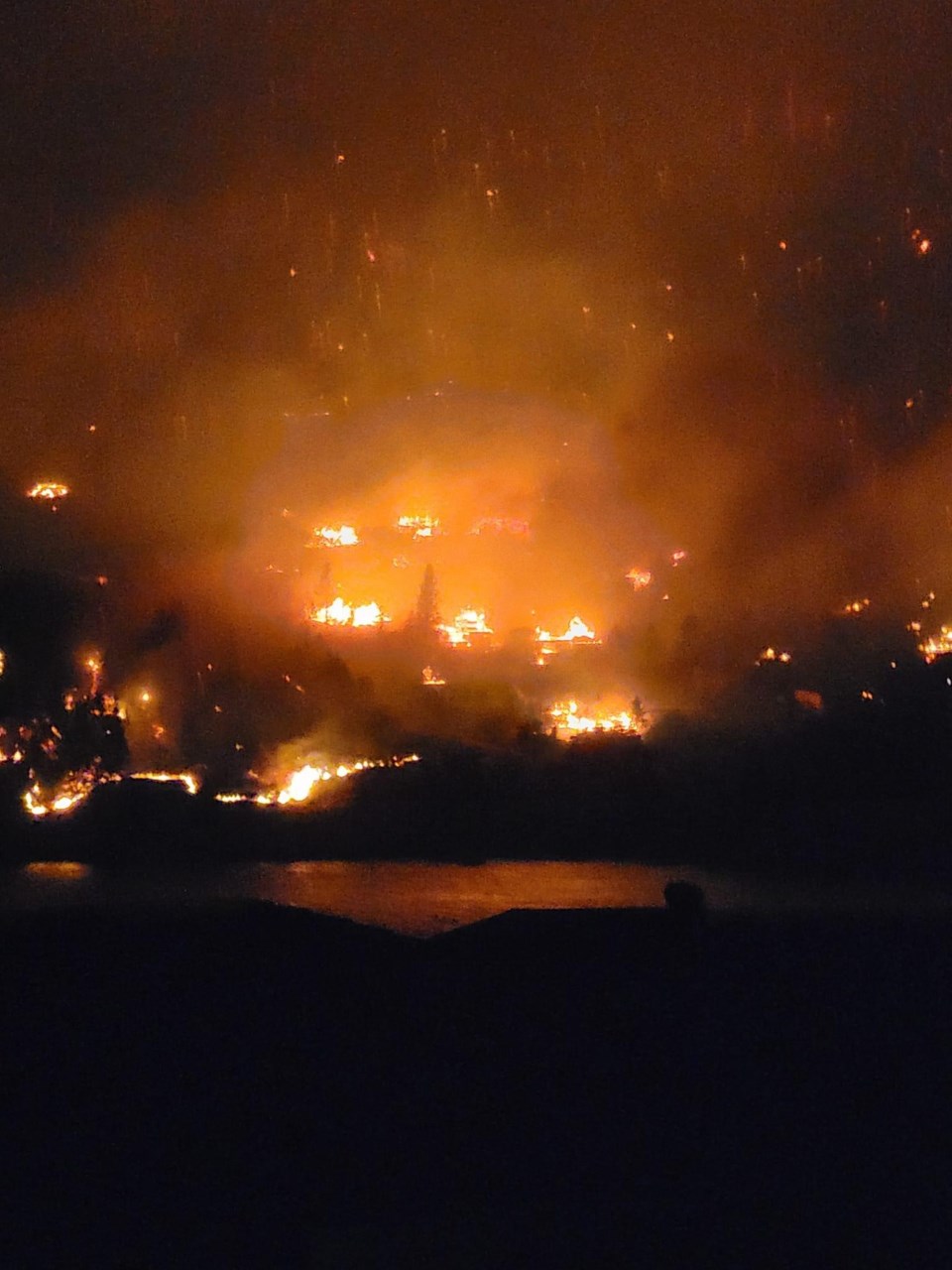The federal government announced at the end of last week it was to deploy military forces to battle Mother Nature's latest fast-spreading inferno in British Columbia as more than 35,000 residents were being evacuated in the province.
Warmer temperatures since early spring and into the summer allowed for the accumulation of a lot of wildfire fuel in this summer's drier-than-normal and up-to-drought conditions in many areas in the country. Because of lower levels of moisture, vegetation ignites and fires spread easier.
With many wildfires starting in Canada's boreal forests, they are hard to get under control quickly if at all. Besides, the season began earlier this year and simultaneously in many areas, making the problem even more difficult to address.
Early this week, over 380 fires were burning across B.C., with about 150 of them out of control as of Monday, according to the Canadian Press. The North West Territories had over 240 active fires. Quebec experienced one of its worst wildfire seasons earlier this year as well, with some of them still out of control as of this week.
The hell on Earth the world had been witnessing in B.C., N.W.T. and other areas across the country this summer and especially the past few days is horrifying, to say the least.
B.C. imposed a state of emergency late last week as the fires were progressing, destroying wildlife and infrastructure at a high pace, and polluting the air for millions in North America. That province's government also banned all non-essential travel to fire-affected areas to open up more rooms for evacuees, firefighters and other first responders.
The pictures and video footage from emergency zones, to me, looked more like frames from an end-of-the-world type of movie, just they were documentaries.
Of course, forest fires are not new to Canada and the rest of the world. Just a few weeks ago we witnessed Hawaii burning, with Maui joining the top 10 deadliest American wildfires on record since 1871. Australia hit some records with terrible bushfires in 2019-20.
Wildfires make the news globally all the time. However, Canada hasn't experienced anything as bad as this year's fires in a long time and as destructive - ever.
The lists of the world's worst wildfires differ from source to source, but Canada appears at the tops with some major natural disasters including the 2014 N.W.T. fires that burned 8.5 million acres, the Great Fire of 1919 (Alberta and Saskatchewan, five million acres), 1950 Chinchaga Fire (northern B.C. and Alberta, 4.2 million acres) and others. Canada's previous annual wildfire record was set in 1989 when over 18 million acres were burned.
While wildfires are naturally common in the country that has 362 million hectares (894,5 million acres) of forest, which covers about 40 per cent of its land area and accounts for nine per cent of the world's forests, the speed of the spread of fires this year and the level of destruction underlines the severity of our worst wildfire season yet.
As of Monday, an area compared to the size of Greece or the state of Illinois had been burned nationwide. According to the Canadian Interagency Forest Fire Centre, there were 1,041 active fires and 5,824 year-to-date fires, which already scorched over 37.8 million acres across Canada – more than twice the level of damage during a full wildfire season. And it seems that we are not close to being done.
Officials are concerned that the fire season, which for the most part normally would come to an end in several weeks, may extend further into fall this year due to widespread drought-like conditions. The longer it goes, the thinner the resources are spread.
And here we are, checking on our friends and relatives in burning areas of the country, worrying, trying to support people experiencing an emergency as best as we can, while also, in terror, sharing pictures of West Kelowna, consumed by fire.
A lot is being put into battling the blaze, with help coming from people, organizations and governments from all across the country and from other states. Even though the state of emergency allows for more power for officials to deal with fire risks, it still might not be enough to tilt this scale until Mother Nature calms down, bringing in some really decent precipitation. In the meantime, we can try to keep doing our best to help in any capacity possible.




